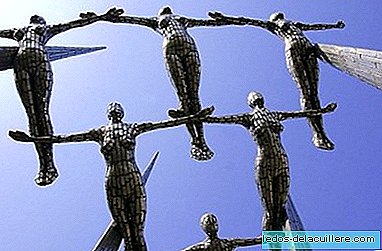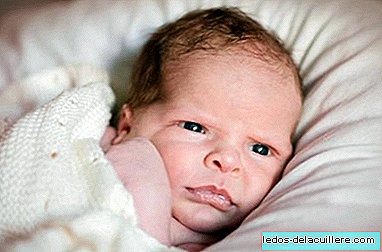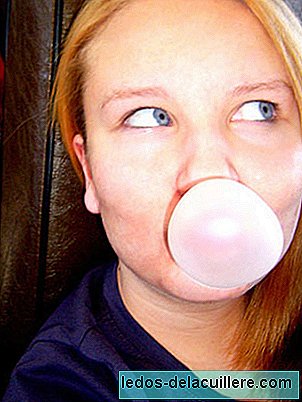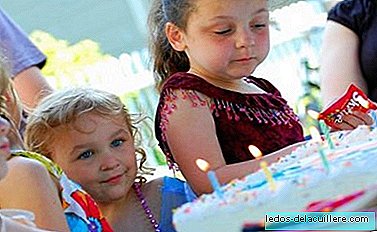
Male fertility could be reflected in how men have bones due to the action of a hormone, osteocalcin, which induces a mechanism by which the chances of having healthy offspring increase.
At least this is clear in the case of male mice according to a study, and their authors point out that this effect could well occur in humans.
Osteocalcin is a hormone that acts at the level of the bones but does not have this exclusive function, and favors fertility in males because it promotes the formation of testosterone, regulator of reproductive function in males.
The shortage of the hormone osteocalcin, which is generated in the same cells responsible for forming bones (osteoblasts), could be the cause of certain cases of low male fertility of unknown origin.
At the University of Columbia, United States, this study, entitled "Endocrine Regulation of Male Fertility by the Skeleton" ("Endocrine Regulation of Male Fertility by the Skeleton"), was published in the journal 'Cell'.

The funny thing is that at first a relationship was sought between the hormones generated in bone tissues and those produced in the ovaries (estrogens). But to the amazement of the researchers, their experiments with transgenic mice did not yield results in the case of females, but in the case of males.
The mice whose mutations made them have more osteocalcin had more offspring (and the offspring were slightly larger) after mating with normal females. On the contrary, those males who had genetically inhibited hormone production accused more difficulties in fertilizing the females.
In short, a correspondence between bones and male fertility in relation to the hormone osteocalcin, and although it could open a door to investigations on cases of infertility, its influence on humans must continue.












